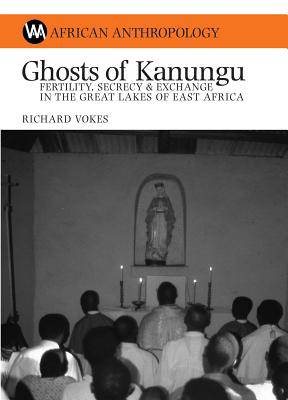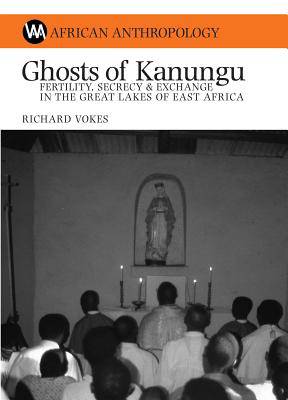
- Retrait gratuit dans votre magasin Club
- 7.000.000 titres dans notre catalogue
- Payer en toute sécurité
- Toujours un magasin près de chez vous
- Retrait gratuit dans votre magasin Club
- 7.000.0000 titres dans notre catalogue
- Payer en toute sécurité
- Toujours un magasin près de chez vous
53,45 €
+ 106 points
Format
Description
NEW LOWER PRICEOn 17 March 2000 several hundred members of a charismatic Christian sect, the Movement for the Restoration of the Ten Commandments of God (MRTC), burnt to death in the group's headquarters in the Southwest Ugandan village of Kanungu. Days later the Ugandan police discovered a series of mass graves containing over 400 bodies on various other properties belonging to the sect. Was this mass suicide or mass murder? The question of whether Kanungu is best understood as mass suicide or multiple murder is more than just an intriguing detective story: it goes to the heart of how the event should be perceived and understood in both religious and social terms. Based on eight years of historical and ethnographic research, Ghosts of Kanungu provides a comprehensive and scholarly account of the MRTC and of the events leading up to the inferno. It argues that none of these events can be understood without reference to a broader social history of Southwestern Uganda during the twentieth century, in which anti-colonial movements, Catholic White Fathers missionaries, colonial relocation schemes, the breakdown of the Ugandan state, post-war reconstruction, the onset of HIV/AIDS, and the transformation of the regional Nyabingi fertility cult into a Marian church with worldwide connections, all played their part. The themes of this book were presented by the author when he gave the Evans-Pritchard lectures at All Souls College, Oxford. RICHARD VOKES is Senior Lecturer in Anthropology at the University of Canterbury, New Zealand Uganda: Fountain Publishers (PB)
Spécifications
Parties prenantes
- Auteur(s) :
- Editeur:
Contenu
- Nombre de pages :
- 240
- Langue:
- Anglais
- Collection :
Caractéristiques
- EAN:
- 9781847010094
- Date de parution :
- 01-11-09
- Format:
- Livre relié
- Format numérique:
- Ongenaaid / garenloos gebonden
- Dimensions :
- 157 mm x 234 mm
- Poids :
- 703 g

Les avis
Nous publions uniquement les avis qui respectent les conditions requises. Consultez nos conditions pour les avis.






